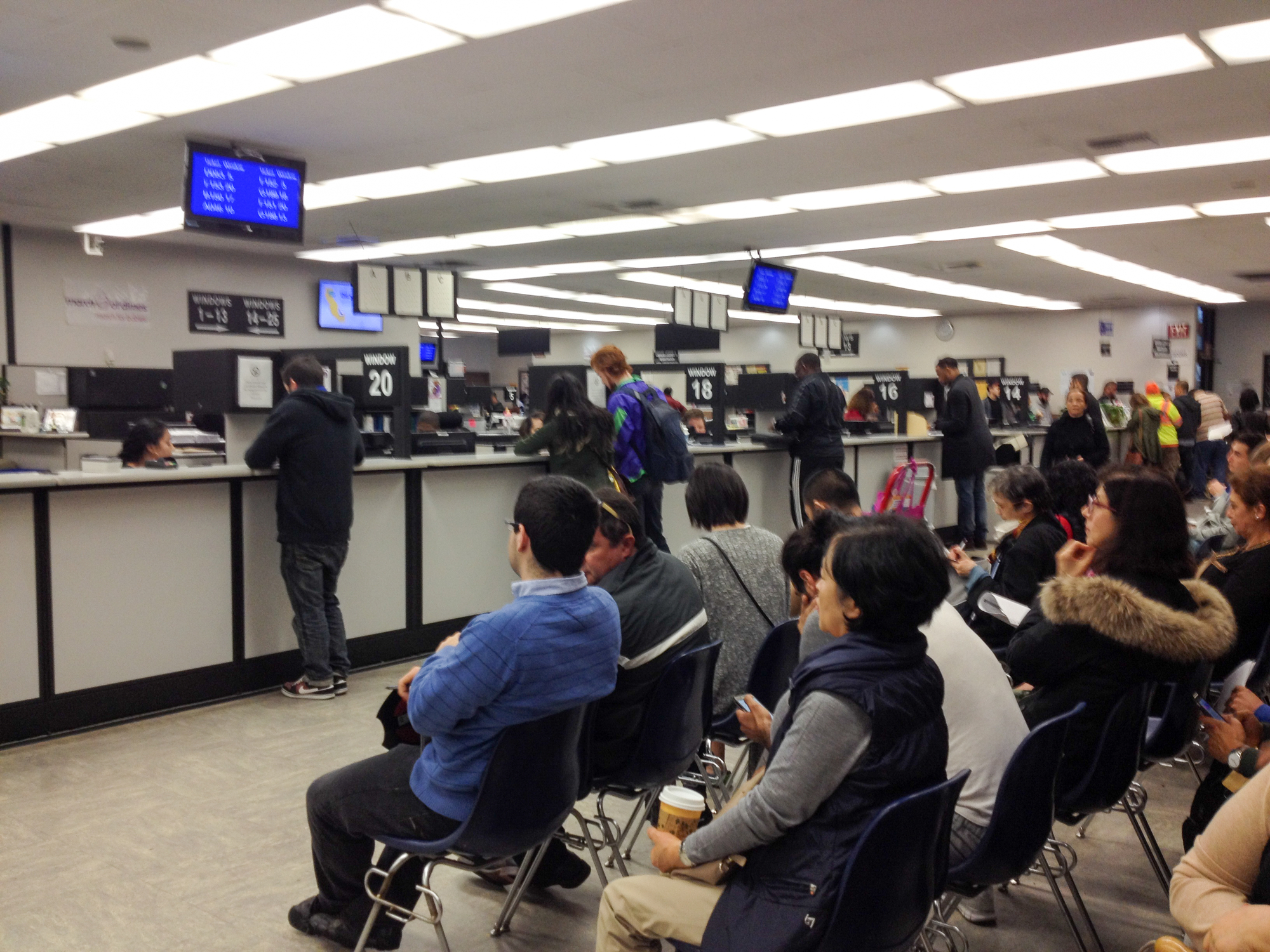TRENTON, N.J. — When is the last time you held a physical newspaper? Probably not in a few years. Newspapers in New Jersey are in decline, and with the end of the Star-Ledger, New Jersey’s oldest newspaper, on the near horizon, lawmakers are beginning to see the writing on the wall.
Communities are being forced to public meeting notices, construction notices, and other public notices in newspapers by state law. With newspaper subscriptions dwindling, many are now questioning this unnecessary expense as digital news is the primary source for news reading these days.
It’s time to stop keeping legacy newspapers on publicly funding life support and to start saving taxpayers across New Jersey tens of millions of dollars in unnecessary, state-mandated expenses.
Towns and government entities should be able to publish their notices where they know their residents are looking, such as local news websites, their own township social media and web pages, and even popular local blogs, community journals, weekly locals, and podcasts. The point is to inform the community, not keep the dying newspaper industry on taxpayer-funded life support.
A newly introduced bill in the New Jersey Assembly aims to extend the use of newspapers—whether in print or digital format—for publishing public notices and legal advertisements through March 1, 2025, ensuring compliance with government transparency requirements.
Assemblyman Reginald W. Atkins (D-District 20) sponsored the legislation, which applies to all public bodies as defined under the state’s “Open Public Meetings Act.” The bill allows newspapers that were utilized for public notices and legal advertisements in 2024 to continue serving the same role during the first two months of 2025, regardless of their format.
Under current law, government entities are required to publish notices of meetings and legal advertisements in designated newspapers to ensure accessibility to the public. This bill would temporarily remove format restrictions, meaning both physical and digital versions of newspapers could qualify as official outlets for public notices.
The legislation’s proposed effective date is December 31, 2024, just as the previous eligibility period ends. By extending the timeframe, the bill seeks to maintain continuity in how government communications are disseminated while addressing the evolving role of digital publications.
Supporters of the measure argue that it recognizes the growing transition from print to digital formats in the news industry while ensuring public access to critical government information.





